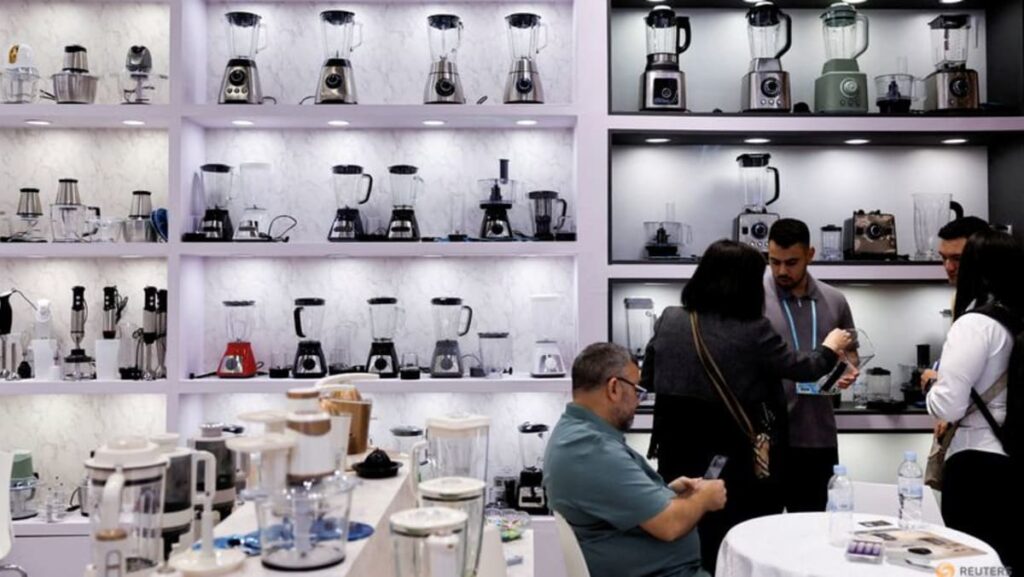SINGAPORE: It was once hailed as China’s answer to Apple’s Beats Electronics – offering sleek yet affordable high-quality audio devices that appealed to a growing young, tech-savvy global customer base.
But even after global sales of up to 300 million units, Chinese electronics audio company 1MORE is now shifting gears – redirecting more of its sales to the domestic Chinese market as US-China tensions continue to escalate amid a bitter tariff tiff.
It has teamed up with one of China’s largest e-commerce platforms JD.com to market and promote its products – a move which analysts have noted is part of a wider trend that comes at a time when consumer confidence continues to hover near historic lows and government efforts to boost domestic spending have not been widely successful.
But 1MORE remains confident about its strategy.
“Joining JD.com has not only helped 1MORE leverage the platform’s reach to boost sales and brand awareness, it has also showcased the quality and technological strength of (our) products,” said Cai Yunhui, the group’s chief operating officer, adding that sales on the platform had grown by nearly 20 per cent in the past two weeks.
“Since 1MORE products have always maintained the same standards for both domestic and overseas markets, no changes were needed for products shifting to domestic sales.”
SUPPORTING TARIFF-HIT BUSINESSES
The US-China trade conflict has reignited with renewed intensity, plunging the two superpowers into a new phase of global economic uncertainty.
Since his return to the White House in January, US President Donald Trump has imposed additional tariffs as high as 145 per cent on Chinese imports – prompting Beijing to hit back with tariffs of up to 125 per cent on US goods.
Official trade talks have yet to take place but China has granted tariff exemptions on select products, reportedly listing US-made products that would be exempted – an approach observers said would allow Beijing to maintain its public messaging while privately taking practical steps to provide concessions.
Beijing has urged exporters to pivot to its massive domestic market, by announcing plans and incentives to help tariff-hit firms and businesses mitigate risks.
Due to take effect on May 20, the recently-passed Private Economy Promotion Law is said to include provisions on fair competition, access to investment and financing and rights protections.
On the ground, Chinese tech and retail giants have also been stepping up efforts to support exporters squeezed by US tariffs.
As part of a 200 billion yuan (US$27.6 billion) initiative announced on Apr 11, JD.com pledged to help exporters sell their products domestically over the next year.
Employees will be sent to Chinese companies involved in foreign trade, directly purchase their “high-quality products” and set up dedicated sections on its e-commerce platform to sell these products and direct traffic and marketing support.

